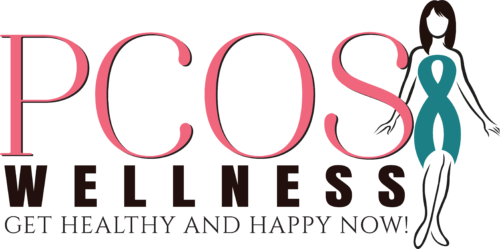What is PCOS anyway?
You may have arrived here because you feel like you’ve been at war with your PCOS for years. Or, maybe you were just diagnosed with PCOS. Or, maybe you’re undiagnosed, but are pretty sure that you have it.
Whatever has brought you here, it’s really important that we get clear on what exactly PCOS is. Because it’s complicated. And confusing. It’s hard to define, let alone understand. And yet, it seems to affect nearly every aspect of your well-being.
So, PCOS... what is it?
For starters, PCOS is the #1 cause of infertility in women, affecting up to 1 in 10 women around the world.
It is generally considered an endocrine disorder, but in truth, the problem is multisystemic, with symptoms including:
In addition, PCOS also can lead to complications during pregnancy, heart problems, blood clots, diabetes, and certain types of cancer.
Sounds scary, right?
It’s important to note that symptoms can vary from one PCOS patient to the next and many of these symptoms can be managed. However, the complaints I hear the most consistently from women living with PCOS is that they struggle to lose weight, they don’t feel attractive or feminine, they struggle to conceive, and they struggle to feel happy.
If you’ve been newly diagnosed with PCOS, start here. You can also learn more about PCOS in greater detail by visiting my FAQs page.

